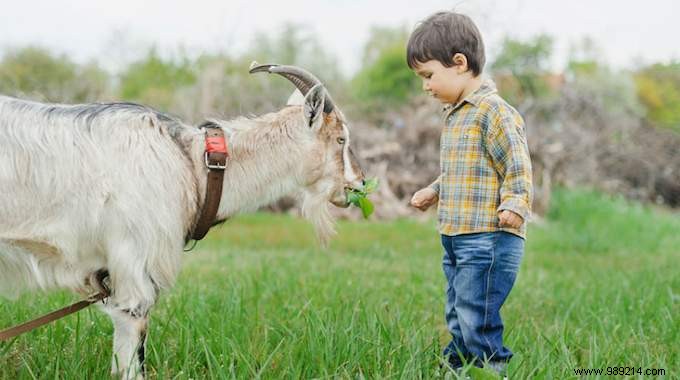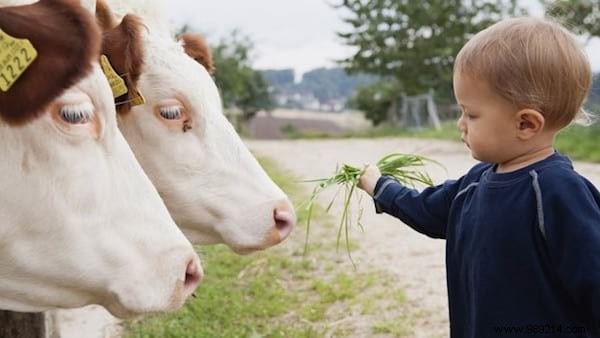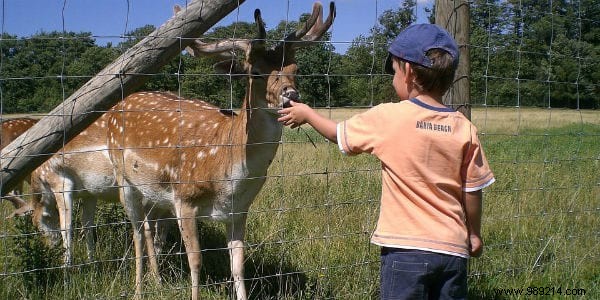
“Teaching Animal Empathy in Schools !”
This is the call launched by a group of intellectuals and philosophers, including Matthieu Ricard.
For them, school is the perfect place to teach the love of animals.
This would make it possible to develop compassion in children and therefore to live together better.
It is in the newspaper Liberation that biologists, veterinarians, researchers and philosophers launched this appeal.
Their goal is that French children also learn respect for animals at school . Explanations:

Did you know that the teaching of the animal condition was already part of the school programs at the end of the 19th century and the beginning of the 20th century?
Yes, from 1883 to 1923, school textbooks spoke of animal ethics!
"Without being nostalgic for this period, we see today that our relationship with animals fuels a social debate whose acuity is growing, and which raises vast and fascinating ethical and philosophical questions ", explains the collective.
Today, if we talk about animals at school, it's more from a scientific or ecological point of view.
We classify them by species or we study their preservation and their place in biodiversity.
But we never study the behavior of animals (ethology). As a result, students know very little about animal emotions or thought.

Very often, the school even promotes the teaching of a balance of power between man and animal.
"Through trips to the zoo or the circus to initiations to hunting or bullfighting, the relationship with animals, for which the school sometimes acts as an active relay, validates the balance of power" , explain philosophers and scientists.
However, very young, children spontaneously project feelings that are familiar to them onto animals.
These include affection, vulnerability or even curiosity.
Introducing this human/animal power relationship into school activities is all the more harmful.
The teaching of animal ethics could naturally fit into teaching alongside other values.
It could be taught along with human respect, justice and empathy.
Children who are spontaneously altruistic would then develop a greater sensitivity towards any form of life, whatever it may be.
Teaching empathy towards animals would allow children to deepen their thinking and their sense of responsibility towards others.
Because respecting the life of an animal is respecting life in all its forms.

Today, there is no longer any doubt that animals are sentient beings, even if they are still often victims of mistreatment or cruelty.
Since 2015, the French civil code recognizes a legal status for animals. This is a significant step forward.
But does that give them rights? If so, which ones and how are they defined? What is our responsibility towards animals? The debate is far from over.
The example of our Belgian neighbors could provide food for thought.
In Belgium, the animal question is addressed throughout schooling during philosophy and citizenship lessons. It is taught in primary and secondary.
The objective of this teaching is to "understand and protect life " and to "spare animal suffering "...
...All while adopting an attitude that respects "their life and well-being".